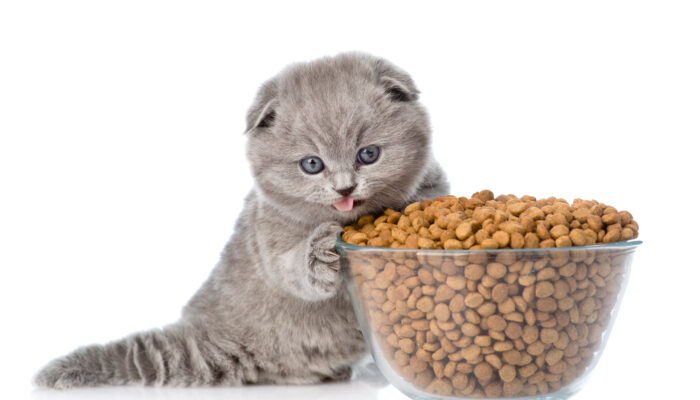
Lower Cholesterol Naturally with These Foods
Cholesterol is a type of fat, waxy material found in the blood. It fails to mix with the blood as it is a water-based medium. The liver synthesizes cholesterol, and lipoproteins carry the cholesterol in and around the body. There are two kinds of lipoproteins that carry cholesterol. The “bad” cholesterol travels using the low-density lipoprotein or LDL in the body. The “good” and useful cholesterol travels through high-density lipoprotein in the body.
Although the term cholesterol is usually used in a negative context, it is essential to know that it is essential for the normal functioning of the body. Cholesterol helps in the construction of the cell wall and helps in producing digestive juices in the intestine. It also helps the body to produce Vitamin D and assists in producing certain hormones.
1. How Is cholesterol harmful?
LDL carrying cholesterol is very harmful to the body. This is because it forms plaque that can clog the blood capillaries, resulting in disturbed blood circulation. This can ultimately lead to a heart attack and several other cardiac diseases.
Several types of oily food have a high cholesterol content, and the body isn’t able to break these compounds. Gradually, these are deposited in the narrow blood capillaries and begin to form clots, thereby causing heart attacks. People can avoid such conditions only by maintaining a healthy lifestyle and taking care to avoid a high-cholesterol diet.
2. Tips to take note of for a high-cholesterol diet
Healthy food habits are important in lowering cholesterol levels. This can help manage the condition and ensure one remains healthy, even if the cholesterol levels aren’t always extremely stable. Some of the tips to remember for a diet good for high-cholesterol are as follows:
- Consume foods rich in soluble fibers like beans, flax, legumes, etc.
- Increase the daily intake of fresh fruits and vegetables as it would reduce LDL oxidation
- Foods like avocado, fatty fish, olives, etc. are rich in unsaturated fats. These fats help to control the bad LDL over the period of time.
- Artificial trans-fats increase the risk of cardiac diseases, and hence, should be avoided.
- Lower the daily intake of both sugar and salt as they are a part of the food items to be avoided in a high-cholesterol diet. A reduced consumption of these ensures lower levels of cholesterol in the blood.
- Mediterranean meals are rich in fruits, herbs, vegetables, fiber, spices, and unsaturated fats. Following this diet can lower cholesterol levels and reduce the risk of heart disease.
- Increase the intake of soy proteins, which have isoflavones that can lower cholesterol levels.
- Green tea is good for boosting metabolism. Hence, it tends to decrease the levels of cholesterol.
- Supplements like Psyllium husk, L-carnitine, etc. are useful in controlling cholesterol levels.
Cholesterol can be good or bad depending on the sources and so be cautious with what is eaten. It is crucial to remember to maintain a disciplined routine and avoid a cholesterol-rich diet for a fit and healthy heart.




